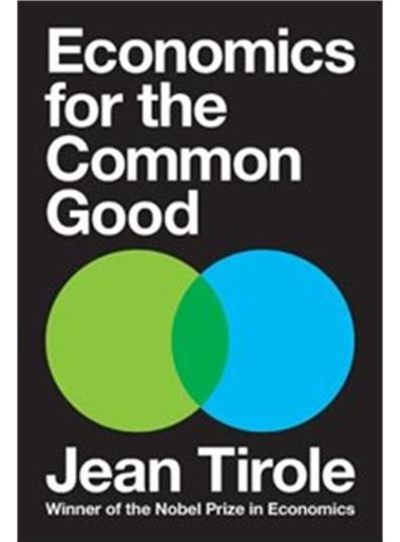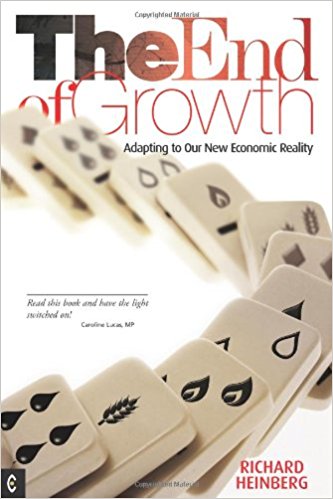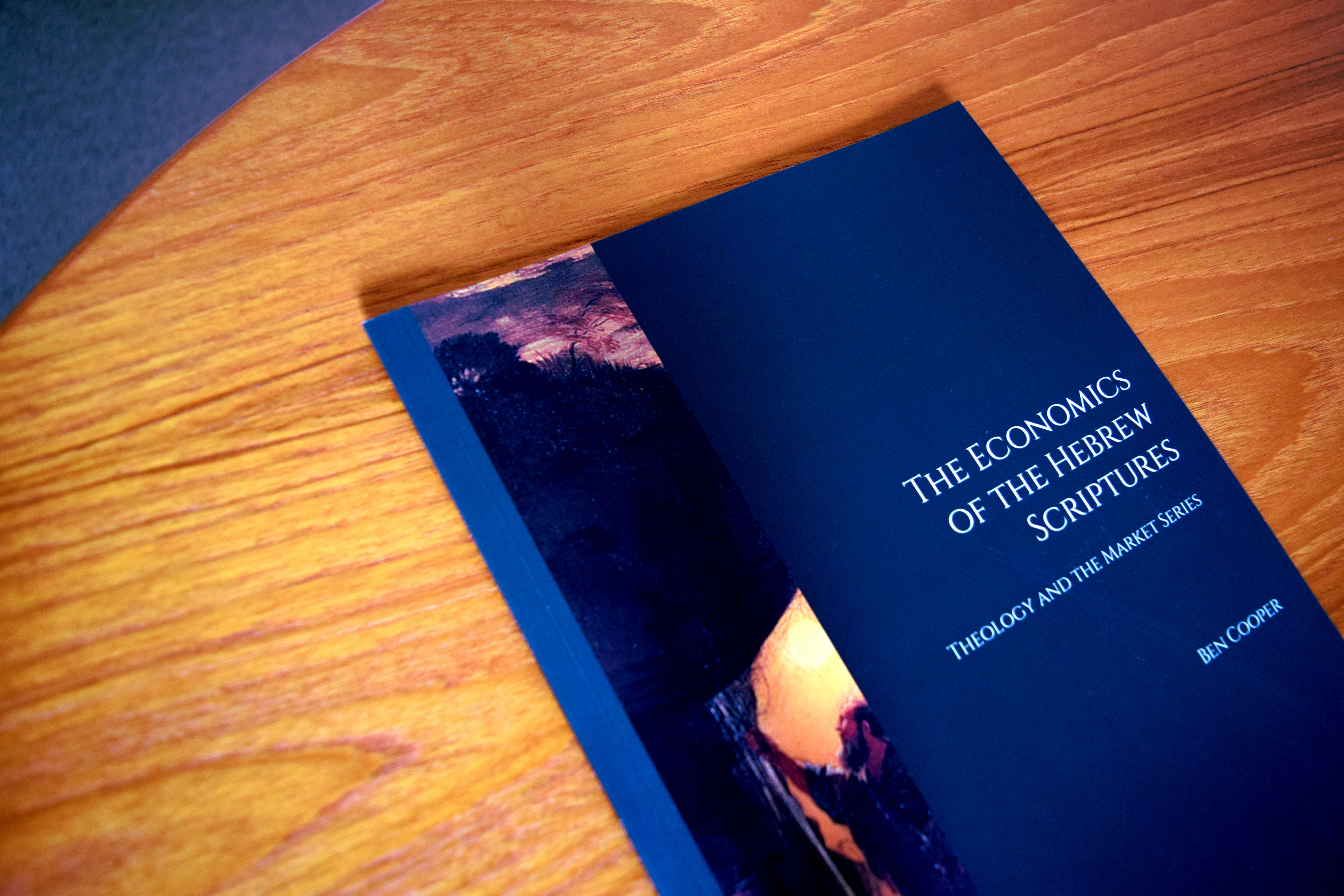Economics for the Common Good is the latest publication by the 2014 Nobel Prize winner in economics, Jean Tirole. Among his numerous accolades, Tirole is currently the chairman of the Toulouse School of Economics and the Institute for Advanced Study at Toulouse 1 University Capitole. Some of his most notable books include The Theory of Corporate Finance (2005); Financial Crises, Liquidity and the International Monetary System (2010); and The Prudential Regulation of Banks (1994). Throughout his academic career Tirole specialised in macroeconomics, game theory, and methods of industrial organisation and competition policy (for which he was also awarded the Nobel Prize).
Economics for the Common Good stands out as thoroughly distinct from his previous work both in vision and content. First, the book is aimed at the general public rather than a specialised audience. Tirole is masterful in using simple language to convey highly complex issues. From climate change to competition policy, the digestible way in which Tirole presents these topics make them accessible to a much wider audience. Secondly, the book spends a good deal of time looking introspectively. It considers the role of economics and economists themselves within society.
So, what does Economics for the Common Good aim to achieve?
At a foundational level the book aims to educate. Tirole himself admits that the common thread of the book is a line of inquiry that is heavily based on Information Theory. This theory holds that economic actors (such as households, companies, or governments) suffer from limited, or “asymmetric information” (p. 12). They simply do not have the necessary information or knowledge to make the best decisions and produce the best outcomes. In consequence, a poor understanding leads to poor decisions. This in turn often results in bad public policy. In an age where populism seems to triumph over expertise, Tirole aims to fight back. He seeks to re-establish the role of economists in the public sphere.
At a more elevated level, the book argues for the promotion and advancement of the common good. The role of economics is ultimately to serve society by helping others understand and solve complex issues – both at the micro and macro levels. Tirole is a firm believer that markets can, and must, incorporate questions of morality. He recognises the vast benefits of a free market economy but also warns against the dangers of its abuse – particularly in areas such as healthcare, trafficking in human organs, and employee incentives.
He sees the “common good” as “our collective aspiration for society” (pp. 2-3). Tirole’s definition and use of the “common good” does not have any sociological or theological underpinning. He uses it in a rather mechanical fashion. Tirole is after all an economist and, like any good economist, he primarily looks at the form and function of a concept like the “common good.” In this sense, he prefers to leave out the private dimension (such as religion, moral values or spirituality), because regardless of the social structures, “people’s opinions differ profoundly” (ibid.). This leads Tirole to understand the common good as answering the following question: “In what social system would you like to live?” What society would be most advantageous for anyone to pursue his or her own aspirations?
Yet he also recognises the inherit subjectivism of this approach and thus, specifically places the emphasis on “what kind of social system” rather than “what kind of ideal society”? (ibid.) Economists and academics have a responsibility to work towards making the world a better place. Tirole leaves aside the private and tries to focus on the public dimension. It is also from this birds-eye view that capitalism and the free markets can become a force for good. These systems allow people to pursue their own ends, including those inspired by faith.


 Andrei Rogobete is a Research Fellow with the Centre for Enterprise, Markets & Ethics. For more information about Andrei please click
Andrei Rogobete is a Research Fellow with the Centre for Enterprise, Markets & Ethics. For more information about Andrei please click 
